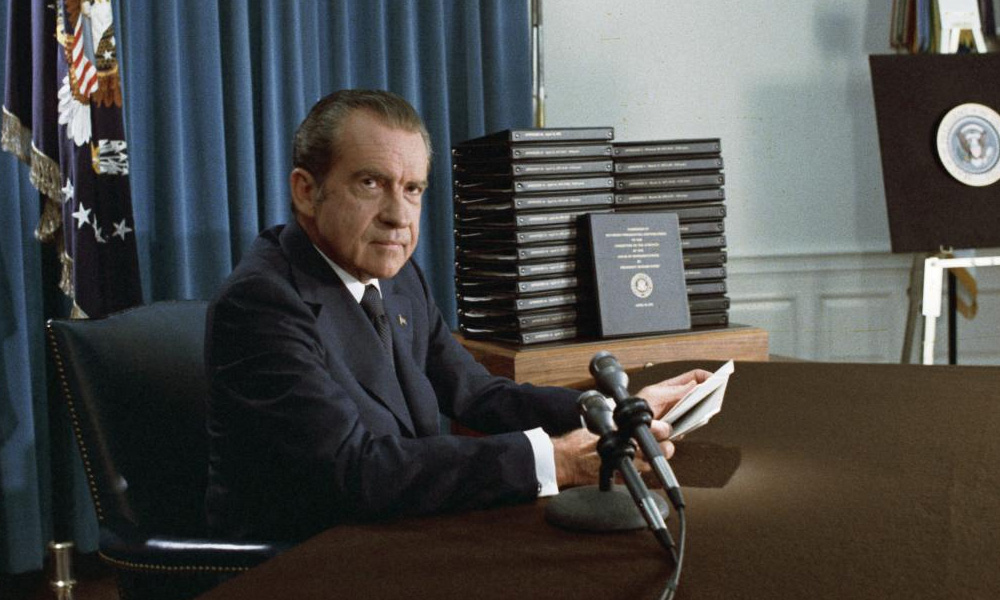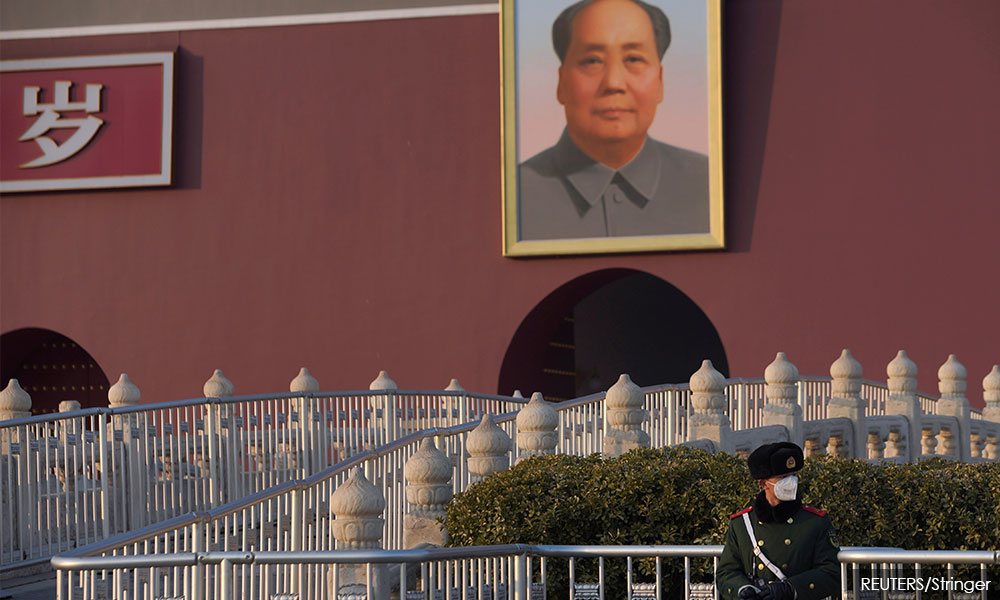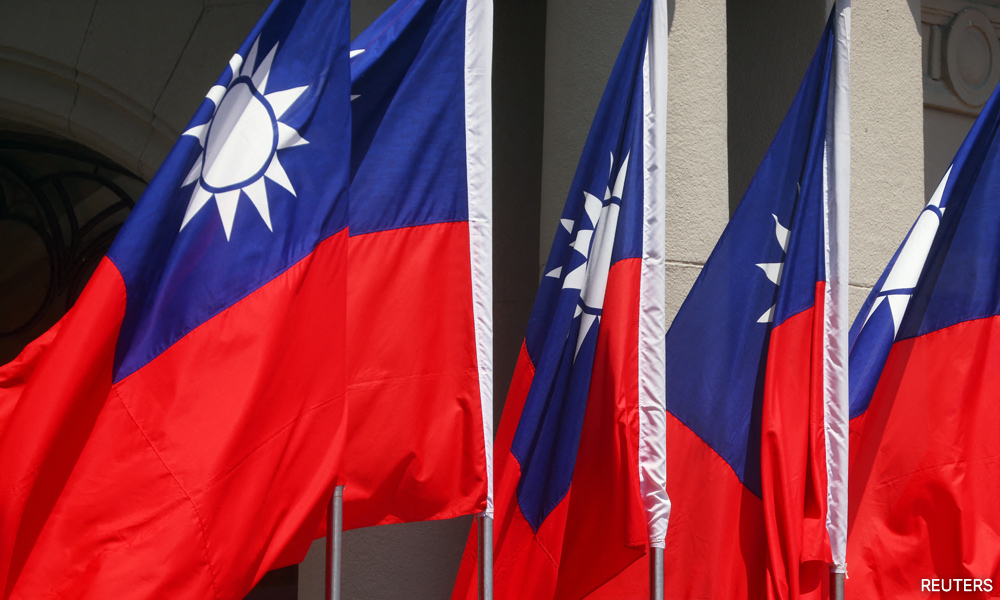About Henry Kissinger, who marks his birth centenary today May 27), it is helpful to bear in mind what the renowned American journalist Walter Lippmann said about French leader Charles de Gaulle.
Lippmann, a columnist whose opinions were sought by leaders of the big powers, said about De Gaulle that he may not be able to see well what is across the room from him but was good at seeing what is coming up from across the street and, even, what was round the corner.
De Gaulle’s foresight was attested by the prescience of the advice he gave the Americans in the early 1960s on their contemplated commitment to saving South Vietnam from the communist north.
He cautioned the Americans that the Indochina theatre would be messy for them and that Ho Chi Minh’s Vietnam would turn out to be to northern neighbours China like Josip Broz Tito’s Yugoslavia was to Stalin’s Soviet Union – a more troublesome upstart than acquiescent subaltern.
Nine years after the French statesman’s death in 1970, Deng Xiaoping sought to punish Ho Chi Minh’s successors by starting a land war against Hanoi for its temerity in removing China’s allies, the Khmer Rouge in Cambodia.
De Gaulle’s advice to the Americans turned out to be prophetic.
Peace forging

Kissinger, in tandem with former US president Richard Nixon, was the initiator of probably the most peace-forging of the 20th century’s catalogue of strategic moves by foreign policy strategists questing after big power conciliation.
Given that many regard the 20th century as the most bloodthirsty in humankind’s history, the US-China rapprochement in 1972 was a seminal contribution to world peace.
It must be ranked, in order of world-historical importance, as second only to Nikita Khruschev’s decision to pull Russian nuclear missiles out of Cuba in November 1962, a move that averted a confrontation between the US and the Soviet Union.
In the half-century since the Washington-Beijing rapprochement, peace has prevailed between the big nuclear-armed powers. Still, recent tensions between the US and China over the issue of Taiwan have brought the prospect of World War III alarmingly close.
Unsurprisingly, in anticipation of Kissinger’s birth anniversary, the renowned weekly The Economist drew the centenarian out on spiralling US-China tensions over Taiwan (May 20th - May 26th issue).
Engage China

Kissinger opines that the US must not encourage Taiwan’s independence, must engage China as much as possible, and must eschew regime change.
As far as Chinese concessions are concerned, Kissinger called for their understanding that the US abandonment of Taiwan would undermine the American position elsewhere in the world.
Absent mutual recognition of sobering constraints on both big powers, Kissinger predicts a confrontation between the two, prodded by unpredictable trends in the evolution of artificial intelligence (AI).
This could eventuate in a matter of a decade.
For such a sparkling student of the moves, strategies and philosophies of 18th and 19th-century European movers and shakers on the continental stage, it’s puzzling that Kissinger seems unaware of a priceless insight from Immanuel Kant pertinent to the Taiwan issue.
Prussian philosopher Kant, whom Kissinger is fond of quoting, had observed that despotic regimes are more likely than democratic ones to “Jaw Jaw is better than War War” to use a Churchillian term.
The peace that prevailed in Europe from the end of the Second World War in 1945 was broken in February 2022 by the decision of a despotic regime – Russia under Vladimir Putin – to attack a democratic state, Ukraine.
Peace maintained
No doubt, the balance of power strategies espoused by Kissinger in the 1970s, when he was influential in formulating US foreign policy, has helped maintain peace in Europe and elsewhere in the world.
Still, that schema was aided by the Kantian insight about the democracies’ pacific inclinations.
There are more democratic countries in the world today than there were when Kissinger was responsible for US foreign policy.
Kissinger says there is no precedent for democracy in China.
As well, say there is no precedent for democracy in India; the country that, in not insignificant portions, continues to be as G K Galbraith described six decades ago – a “functioning anarchy”.
But it is a democracy, no less, like Taiwan.

And growingly prosperous, soon to be the fifth-largest economy in the world.
Come to think of it, if India’s Congress party can oust the ruling BJP in national elections a year from now, as Congress did in a crucial state election this month.
If it continues to rule India better than incumbent Prime Minister Narendra Modi has done the last nine years, this may greatly assist peace on the Asian continent.
Great fear
Internal upheaval, Kissinger says, is what the Chinese Communist Party, China's rulers, greatly fears.
When the people on the mainland see that their serially stormy southern neighbours can grow economically and stay democratic, despite perennial convulsions, they may want to emulate.
Another 19th-century thinker, Lord Acton, author of that coruscating insight - “Power tends to corrupt; absolute power corrupts absolutely” – felt that the desire for liberty is as natural as a human being’s desire for dignity.
Democracy could come to China from India, as Buddhism did. - Mkini




No comments:
Post a Comment
Note: Only a member of this blog may post a comment.